Sport
The campaigns start a day after the country's army said it had thwarted an "attempt to subvert the constitutional order" and arrested several senior military officers.
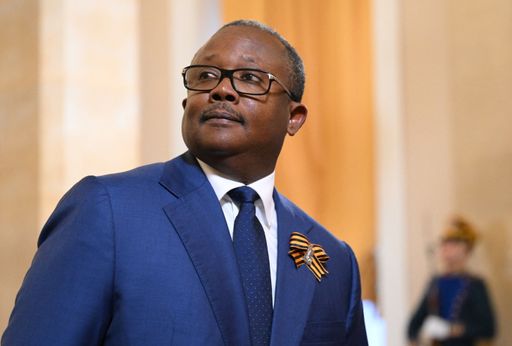
Campaigning starts Saturday in Guinea-Bissau some three weeks ahead of legislative and presidential elections likely to be dominated by incumbent leader Umaro Sissoco Embalo.
For the first time in the West African country's history, the PAIGC party, which led the former Portuguese colony to independence in 1974, will be conspicuously absent from the ballot.
So too will the Pai Terra Ranka coalition, which includes around 10 political parties including PAIGC and is led by Embalo arch-rival Domingos Simoes Pereira, who is also disqualified.
Pereira, Pai Terra Ranka and PAIGC were struck from the final list of parties and candidates published in October by Guinea-Bissau's Supreme Court, which said they had filed their official applications too late.
Over the last decade Guinea-Bissau has set itself on the path towards the rule of law, but historically has laboured under a succession of coups.
Thwarted coup attempt
On Friday, the country's army said it had thwarted an "attempt to subvert the constitutional order" and arrested several senior military officers.
"This action aimed to disrupt the electoral process," General Mamadu Ture, deputy chief of staff, told a press conference without specifying the number of officers arrested or what specifically they did.
Embalo told the press after a cabinet meeting Thursday that "no disorder will be tolerated".
Guinea-Bissau's around 860,000 voters will choose between 12 presidential candidates including Embalo and former president Jose Mario Vaz on election day on November 23.
Fourteen parties, including the No Kumpu Guine platform, a coalition that supports Embalo, will run for the 102 seats in parliament.
Major issues in election
Political stability is one of the major issues in the election, with Guinea-Bissau having experienced four coups since independence, the last of which was in 2012. There have been multiple attempted coups.
Embalo was originally elected in December 2019 for a five-year term and had stated that he would only serve once.
He and Pereira faced off in the country's last presidential election in 2019, which Pereira lost and bitterly contested.
In 2023, Embalo dissolved Guinea-Bissau's parliament, at the time dominated by the opposition, following armed clashes that the president branded an attempted coup.
The move was fiercely condemned by Pereira -- then the parliament's speaker -- as a constitutional coup.
Embalo ultimately postponed the election date until November this year, eliciting accusations of clinging to power beyond the end of his mandate.
Comments
No comments Yet








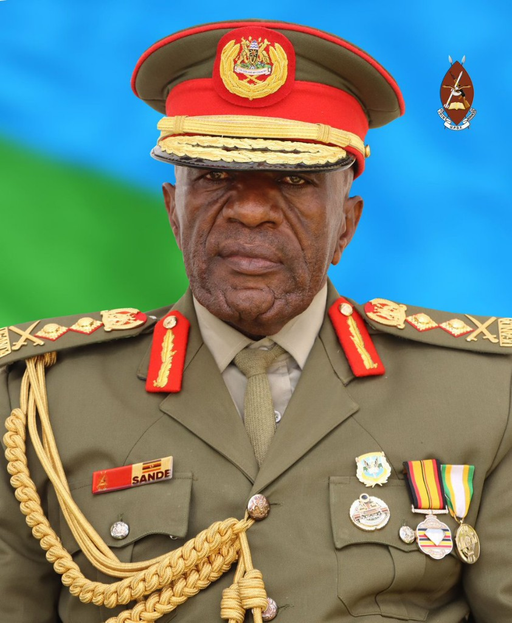
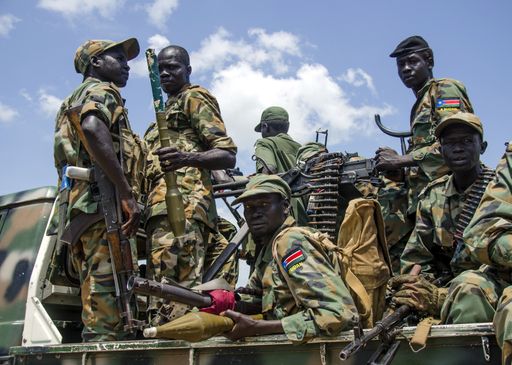

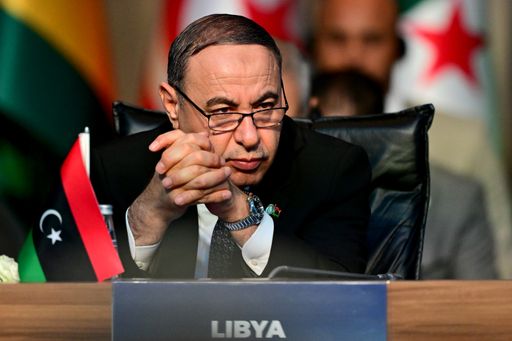


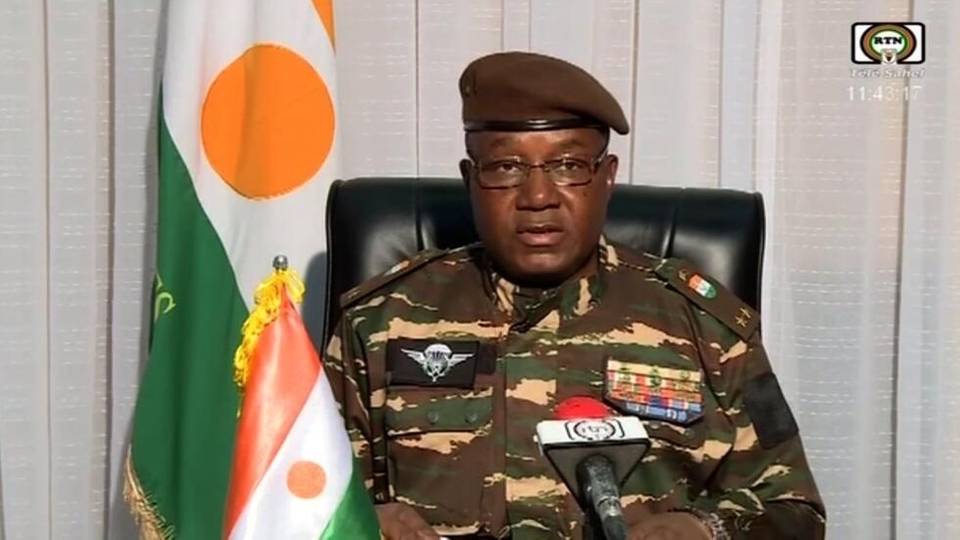
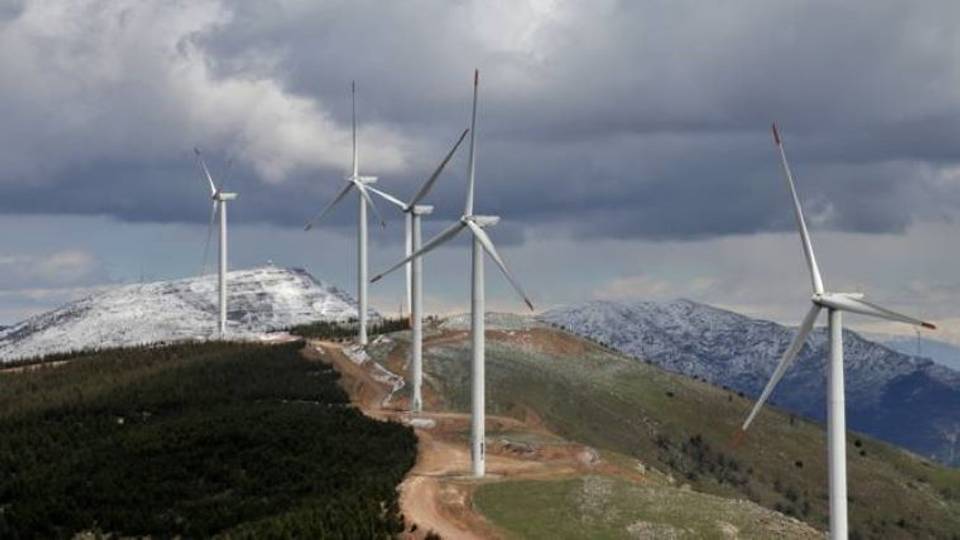
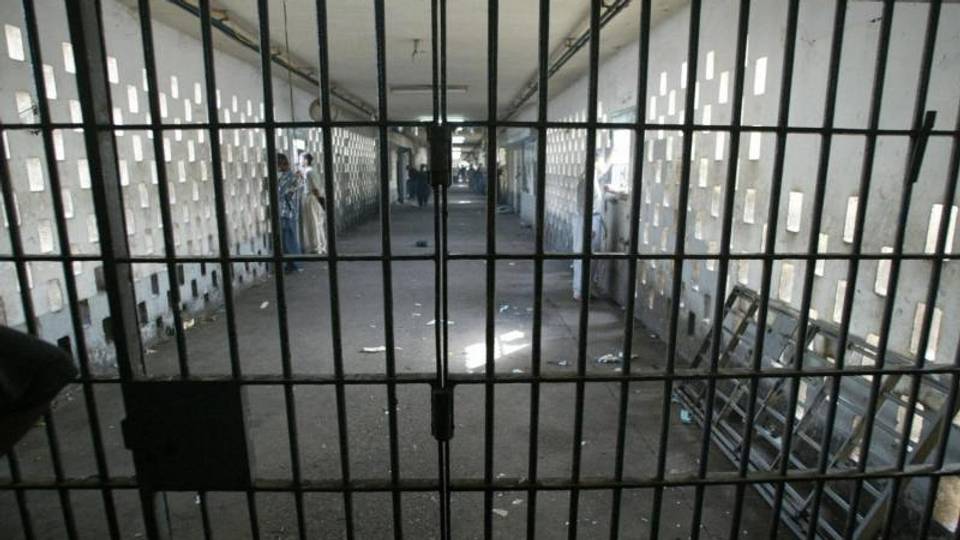
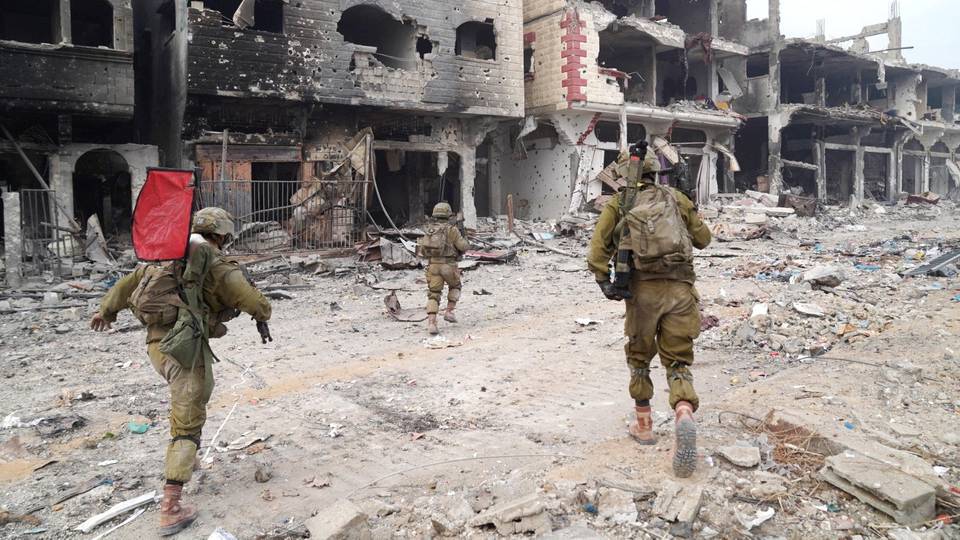


Comment